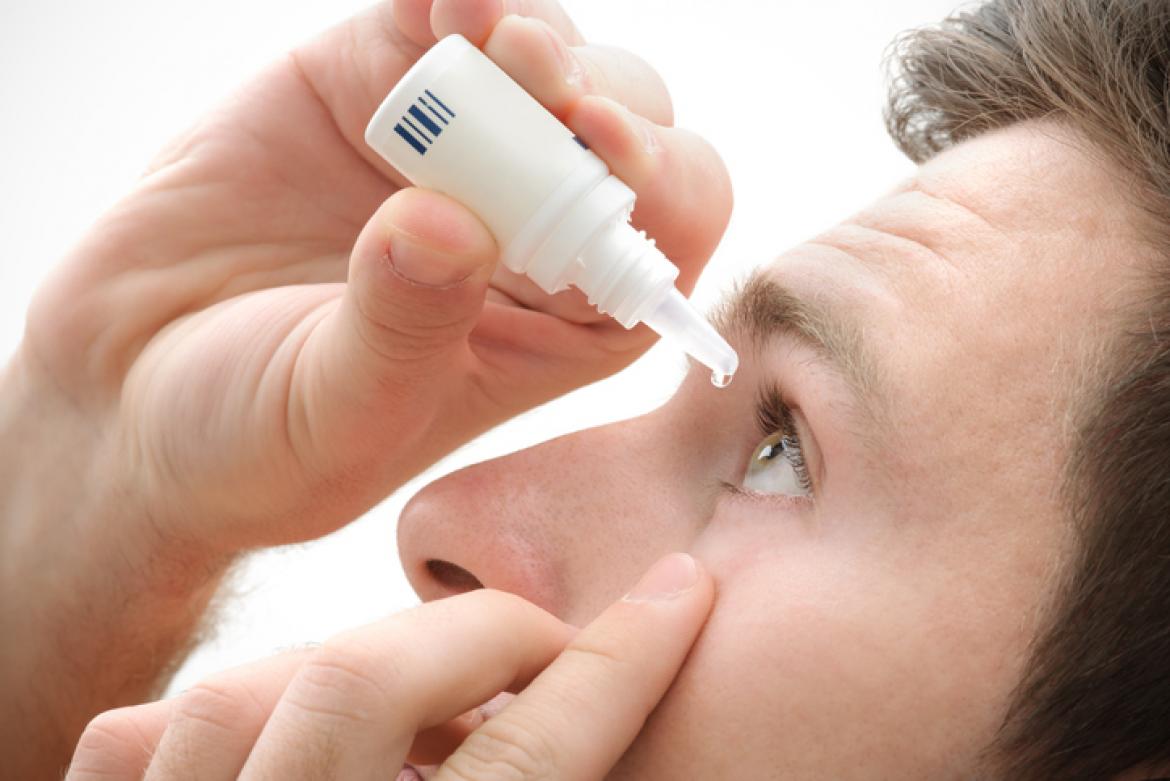All Categories
Featured
Extended exposure to ultraviolet (UV) rays can lead to various eye problems, some of which might result in permanent damage or vision loss. Whether you're outdoors on a warm coastline or taking a walk on a cloudy day, understanding exactly how UV rays affect your eyes and discovering just how to safeguard them is crucial for keeping healthy vision.
What Are UV Rays and Just How Do They Influence the Eyes? UV rays are a form of unnoticeable radiation emitted by the sun. There are three kinds of UV rays:
UVA Rays: These permeate deeply into the skin and eyes, contributing to long-lasting damages. UVB Rays: These are much more intense and can cause surface-level injury, such as sunburn or corneal damage. UVC Rays: These are the most damaging yet are soaked up by the Planet's atmosphere and hardly ever posture a direct danger. Both UVA and UVB rays can damage numerous components of the eye, consisting of the cornea, lens, and retina.
Short-Term Results of UV Direct Exposure. Even a brief period of intense UV direct exposure can harm your eyes. A typical condition arising from this is photokeratitis, usually described as "sunburn of the eye." Symptoms consist of:
Agonizing or red eyes. Sensitivity to light. Excessive tearing. Short-lived fuzzy vision. Photokeratitis is generally short-term however functions as a suggestion of the instant threats of UV radiation.
Long-Term Results of UV Exposure. Cumulative UV exposure gradually can bring about numerous serious eye conditions, consisting of:

Cataracts: UV rays accelerate the development of cataracts, a problem where the lens of the eye ends up being over cast, causing vision problems. Cataracts are a leading root cause of loss of sight worldwide.
Macular Deterioration: The macula, a component of the retina responsible for main vision, can be harmed by extended UV direct exposure, raising the threat of age-related macular deterioration (AMD)
Pterygium: Commonly called "internet user's eye," this problem includes a development of tissue on the white part of the eye, which can extend over the cornea and hinder vision.
Pinguecula: UV direct exposure can create yellowish areas to base on the conjunctiva, leading to irritability and discomfort.
Skin Cancer Cells Around the Eyes: The fragile skin surrounding the eyes is highly at risk to UV radiation, raising the risk of basal and squamous cell cancer.
Shielding Your Eyes from UV Damage. Fortunately is that safeguarding your eyes from UV radiation is simple and effective. Right here are some vital tips:
Put On UV-Blocking Sunglasses. Choose sunglasses that block 100% of UVA and UVB rays. Look for labels suggesting "UV 400" security. Wrap-around styles provide additional protection, stopping UV rays from going into from the sides.
Use a Wide-Brimmed Hat. A hat with a wide border can obstruct virtually 50% of UV rays, using added security for your eyes and the delicate skin around them.
Avoid Optimal Sunlight Hours. UV rays are strongest between 10 a.m. and 4 p.m. Lessen your outside exposure during these hours, or ensure you're properly secured if you need to be outdoors.
Safeguard Your Eyes Year-Round. UV rays exist year-round, also on gloomy or snowy days. Snow, sand, and water can show UV rays, increasing their results. Make sunglasses a part of your day-to-day routine, no matter the season.
Think About UV-Blocking Get In Touch With Lenses. Many get in touch with lenses currently provide UV security, which can be an extra guard when coupled with sunglasses.
Encourage Eye Defense for Kids. Kid's eyes are a lot more vulnerable to UV damage since their lenses are clearer, permitting even more UV light to reach the retina. Guarantee they use sunglasses and hats when playing outdoors.
Schedule Routine Eye Tests. Normal brows through to an eye treatment professional are important for checking your eye wellness. An optometrist can find very early indicators of UV-related damages and recommend remedies, such as prescription sunglasses or UV-blocking glasses customized to your needs.
Conclusion. UV rays might be invisible, yet their influence on your eye wellness is really actual. Keep in mind, your eyes are one of your most important properties-- take the required steps to protect them from dangerous UV rays today.
Latest Posts
Get in Touch with Montclare Auto Repair Now - Fast Service Guaranteed
Why Pick WyHy Quick Trac Interest-bearing Accounts
Industrial Roofing Providers by Weathercraft Business